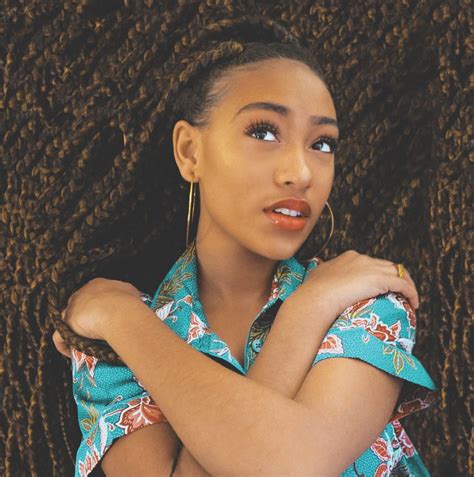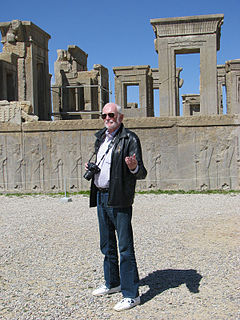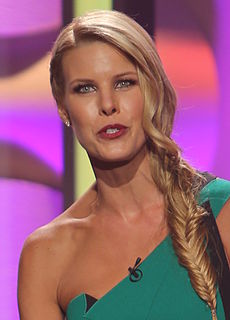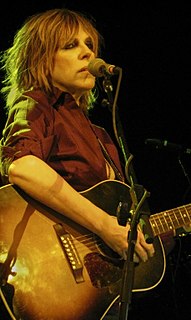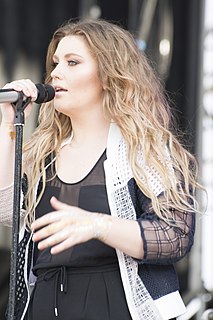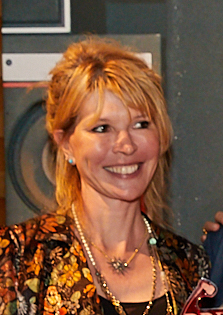A Quote by Corey Taylor
I've had to really teach myself that when you're not feeling it, you shouldn't write anything down because you're going to end up coming back and re-writing it later. Whereas, if you write when you're feeling something, when you're really in the streak, then that's when you're going to get your best stuff.
Related Quotes
I always knew from the beginning that this was the only way to write Then We Came To The End - that it had to be in first - person plural if it was going to illustrate how the individual becomes part of the collective. I had no interest in writing the book in a more conventional voice. It goes back to that fascination I had with telling a story in multiple ways. It was the only choice I gave myself, really - I said "This is it, pal. If you can't tell a story this way, you're going to have to abandon the book. Write it this way or give up."
Sit down at ten o'clock in the morning and write anything that comes into my head until twelve. One of the few things I've discovered about writing is to form a habit that becomes an addiction so that if you don't put something down on paper every day, you get really mean and awful with withdrawal symptoms, and your wife and your dog and your kids are going to kick your ass until you get back to it because they can't bear you in that state of mind.
I find that I end up liking songs if I really have an idea of something I wat to write about-some problem in my life or something I want to work through; if I don't have something like that at the root of the song, then I think I end up not caring about it as much. I gravitate towards some kind of concept or idea or situation that I want to write about. Very often I have to write, rewrite and come at it from an opposite angle...and I end up writing the opposite song that I thought I was going to write.
When I started out playing guitar and singing, I was about twelve, going on thirteen. The role models for me back then were the folk singers. They all had these high, really nice voices and ranges, like Judy Collins and Joan Baez, and then later, of course, Joni Mitchell and Linda Ronstadt. I decided early on that I was going to learn how to write songs really, really well, because I didn't want to have to compete as a singer. I didn't feel that it was my strong point.
It's rare that I'll write lyrics first. If I come up with some good lyrics, I'll write them down and try to use them later. If I come up with a song title, sometimes I'll write a song based on that. Sometimes, I'll make a whole band out of it. I don't really have a process, per se. I just keep going and going and going. Every free minute I have I'm working.
The main thing you worry about is just coming up with songs at all. I don't sit down and write stuff like certain writers do. They think about what they are going to write first and then they write it. I just get what comes in at me. It's like I'm a musician and if I can keep my mitt on, I can catch the balls that come at me.
We had an ancient Russian acting coach at my drama school who said the worst offense you could commit was to let your subtext show. That is the point of acting, is to be saying one thing and not be allowed by society or your predicament to show what you're really feeling. In a way, I think that's why the therapy generation has killed script writing, because all you ever get is people going, "Hi, I'm feeling really angry right now."

